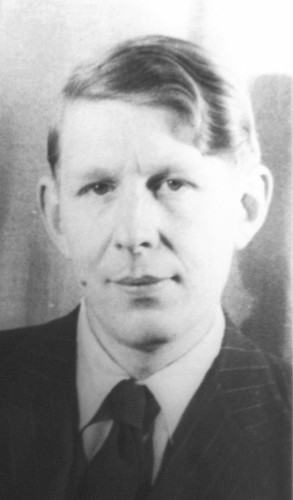For much of America’s Muslim community, the 9/11 terrorist attacks changed their relationship with the rest of American society – for the worse. Broad government surveillance and discriminatory law enforcement policies, combined with an increased suspicion of Muslims by the general public, left many feeling that daily worship had suddenly become synonymous with terrorism. But a decade on, Imam Abu Sufian tells a different narrative.
The Imam, a 35-year old American of Bangladeshi origin, sat on fading jade-colored carpet upstairs at Madina Masjid – the redbrick mosque with an unobtrusive turquoise minaret on the corner of First Avenue and 11th Street. Speaking softly and holding a worn, leather-bound copy of the Koran in his hands, he wanted to highlight positive developments in the mosque’s relationship with East Villagers in the ten years since the terror attacks. “I would actually say that since 9/11, we have had a greater relationship with the local community than we did before,” he said. “Everyone realized that we needed to get to know each other better.” Read more…
 WikiCommons The poet in 1939.
WikiCommons The poet in 1939.So let’s hear it for the greatest writer ever to live in the East Village. What’s that, you say? James Fenimore Cooper? Leon Trotsky? William S. Burroughs? Allen Ginsberg?
Hmm. No offense to the above authors, but surely you jest. The greatest writer ever to settle in the East Village, a transatlantic literary god whose appearance was as unexpected as that hawk showing up in Tompkins Square Park, was the English-born poet, W.H. Auden, who lived at 77 St. Marks Place from 1953 to 1972. In 1917, Trotsky had edited a dissident newspaper in the same building. The painter Larry Rivers was already living there when Auden and his lover, Chester Kallman, moved in. And the man who had previously occupied their railroad apartment was an abortionist. For neighborhood “color,” you can’t top that.
The coming month is a big one in Auden’s posthumous career. (He died in Vienna on September 29, 1973.) And this fortnight, in which we will mark the 10th anniversary of 9/11, will also be a 10th anniversary of sorts for him. Seventy-two years ago today, he began writing his aphoristic, agonized, and intensely lyrical meditation on the outbreak of World War II, “September 1, 1939.” It was composed shortly after he moved to New York with his pal Christopher Isherwood (“Berlin Stories,” “A Single Man”), and 62 years later, a few days after Mohammed Atta & co. brought down the Twin Towers, the poem took on a second life among the smart set on both sides of the Atlantic. Read more…




